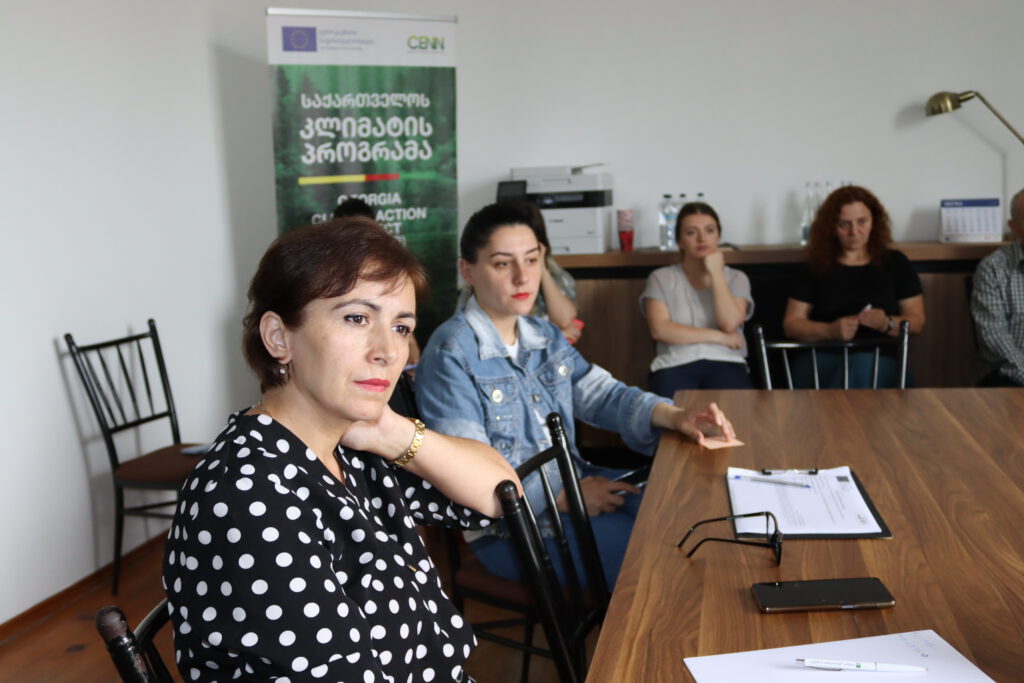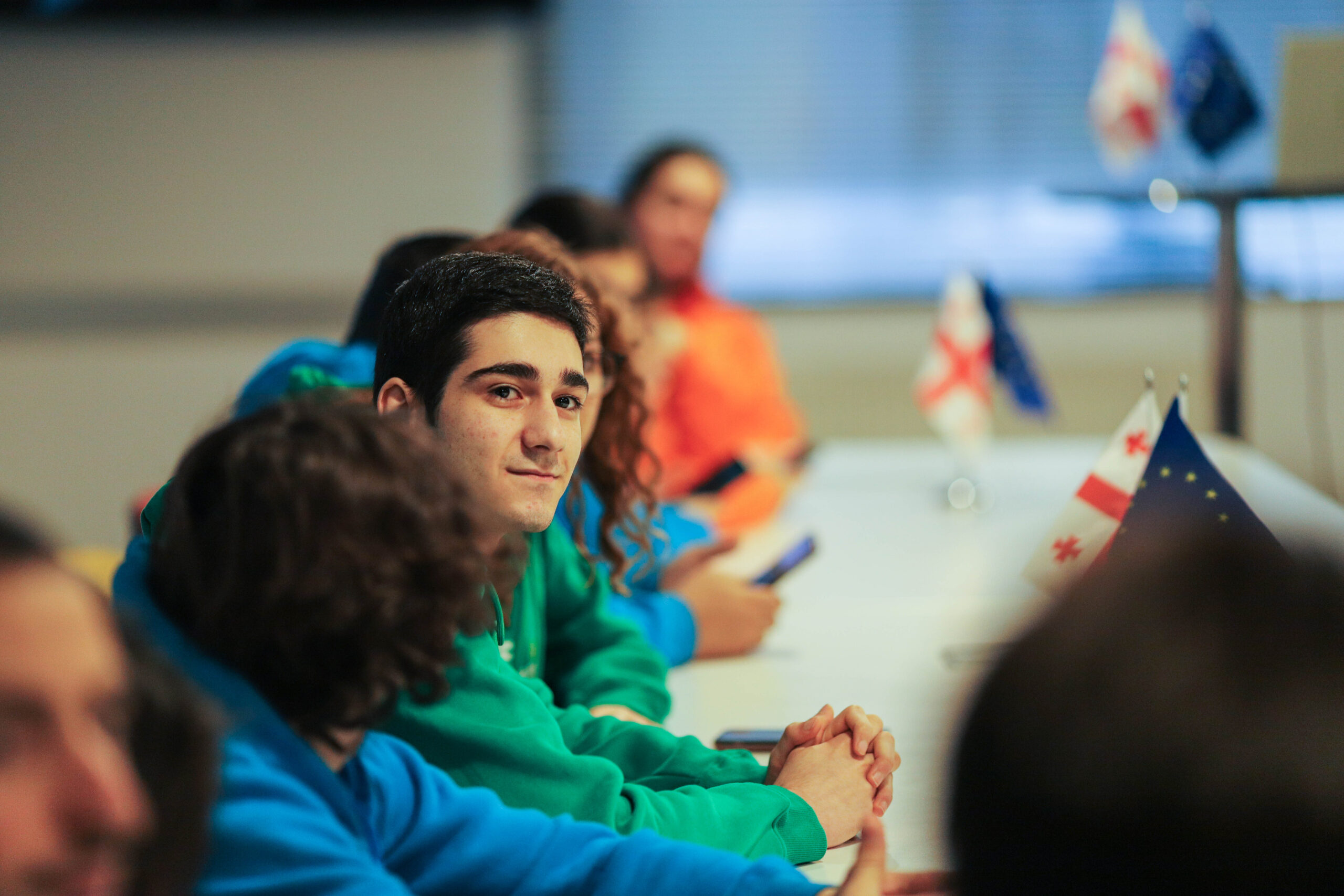Duration: 10/22-09/23
Geographic area: Tsalenjikha, Marneuli, Dmanisi, Akhalkalaki, Aspindza
Implemented by: CENN
Donor: US Embassy in Georgia
The COVID-19 outbreak proved social disparities and isolation between communities with diverse identities in the poor rural areas of Georgia. In the multi-ethnic and conflict-affected regions where the virus hit the most, it deepened the consequences of inequality, pushing the burdens onto the marginalized, disadvantaged, and excluded groups. In these fragile contexts, particularly in the areas where civic activism is lacking, the schools – teachers, students, and administrations play a crucial role in local civic development. However, at the same time, the scarcity of necessary competencies for teachers to foster just, equal and democratic societies is an apparent concern. Western experiences demonstrate how crucial it is to enhance the capacities of teachers and school students as one of the most influential groups in small communities. The project will work with five municipalities of Kvemo Kartli (Marneuli and Dmanisi), Samtskhe-Javakheti (Aspindza and Akhalkalaki) and Samegrelo-Zemo Svaneti (Tsalenjikha) and will enhance capacities of teachers and school students to foster democratic and peaceful society development, enhance democratic participation, and community-led peacebuilding.
The project aims to promote peace and reconciliation, civic engagement, and social inclusion between ethnic and religious minorities, populations in disadvantaged rural areas, and communities along the administrative borderline through empowering teachers and students as community leaders. To achieve the mentioned goal, the following objectives are proposed to fulfil: 1. Teachers have enhanced capacities to engage in community development and foster democratic and peaceful societies via the implementation of the Teachers Civic Engagement Program. 2. School students are empowered to engage in democratic participation and community-led peacebuilding through the implementation of 10 month-long Youth Leadership Program. 3. The impact is multiplied through sharing best practices and lessons learned for establishing a cooperation mechanism among the participants of the Teachers Civic Engagement and Youth Leadership programs.

Capacity Building through Teachers’ civic engagement Program
- Conducting capacity needs assessment among the participant teachers and identifying gaps and key challenges to build knowledge and skills for advancing teachers civic participation;
- Implementing tailor-made training modules, increasing knowledge and awareness of participant teachers on democratic values, community-led initiatives, project planning and implementation, peace-building, etc.
- Providing virtual networking opportunities among the participant teachers from all target municipalities: organizing webinars, virtual networking events, and online meetings with experts, motivational speakers and civic activists
- Organizing 4-day teacher camp: supporting networking opportunities between teachers from target areas to collaborate and develop participatory community-led initiatives.
- Providing mentoring opportunities for teachers to effectively identify the existing challenges and plan relevant result-oriented interventions
- Financially supporting joint teacher-led community peacebuilding initiatives to address identified community challenges

Capacity Building
through Youth
Leadership Program
- Organizing online workshops on conducting effective local community assessments
- Organizing a 5-day Civic Education Camp to enhance understating of effective student-led initiatives and to design the student-led community peacebuilding initiatives Providing mentorship support for student groups to further develop effective studentled peacebuilding initiative
- Financial support to student groups to implement student-led peacebuilding initiatives
